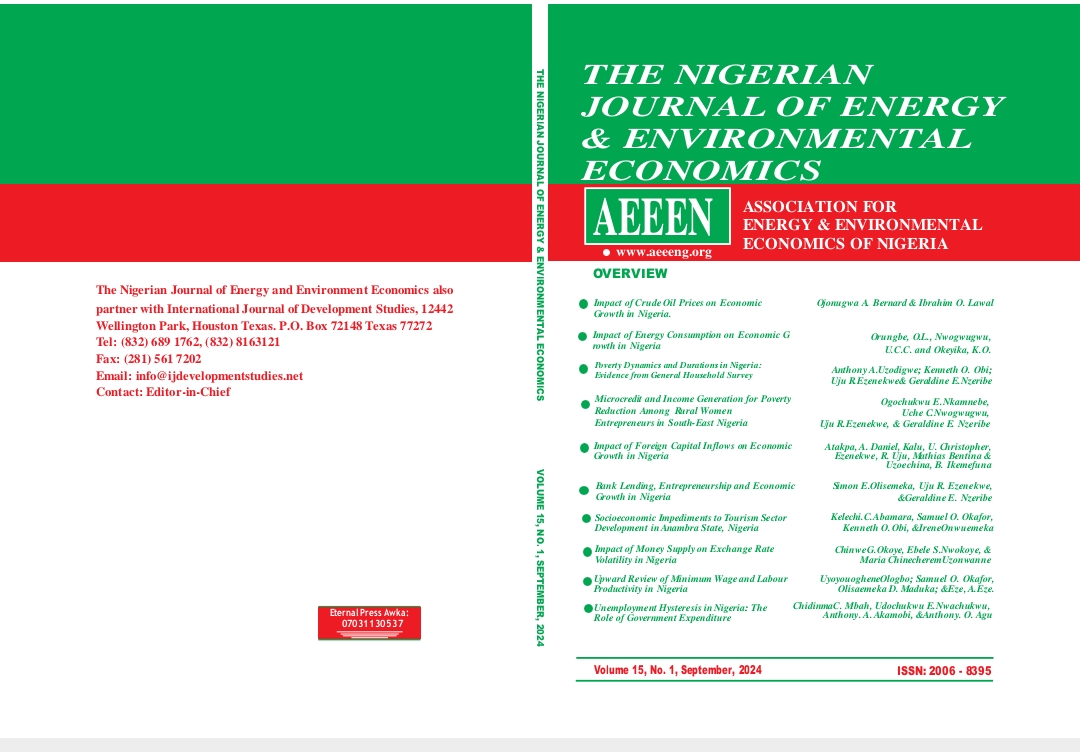MICROCREDIT AND INCOME GENERATION FOR POVERTY REDUCTION AMONG RURAL WOMEN ENTREPRENEURS IN SOUTH-EAST NIGERIA
Keywords:
Microcredit, microentrepreneurs, poverty reduction, South-East Nigeria.Abstract
his study investigates the impact of microcredit on income generation among rural women micro-entrepreneurs in South-East Nigeria, with the aim to understand its role in poverty reduction. Despite contributing significantly to the economy, micro-entrepreneurs often face barriers like limited access to financial resources. This study is premised on the Microfinance Policy Framework introduced by the
Nigerian government, to enhance financial inclusion. Employing a cross-sectional research design, data were collected from 340 respondents using structured questionnaires and analysed using descriptive statistics, while the t-tests was employed to assess the significant effect of microcredit on income generation. The findings indicate that while microcredit had a positive impact on income generation, the effect is modest. The results highlight significant challenges such as high interest rates, inadequate loan sizes, and poor loan management skills, which impede the full potential of microcredit. The study underscores the need for complementary measures, including reduced interest rates and enhanced business support, to maximise the benefits of microcredit in poverty alleviation. Although microcredit holds promise for enhancing income generation among rural women, its impact is constrained by
structural and operational challenges. Addressing these issues is crucial for maximising microcredit's role in poverty reduction and the economic empowerment of rural women micro-entrepreneurs. This research contributes to the existing body of knowledge by providing empirical evidence from South-East Nigeria, reinforcing the argument that microcredit can be a valuable tool for economic empowerment, particularly among low-income populations.


